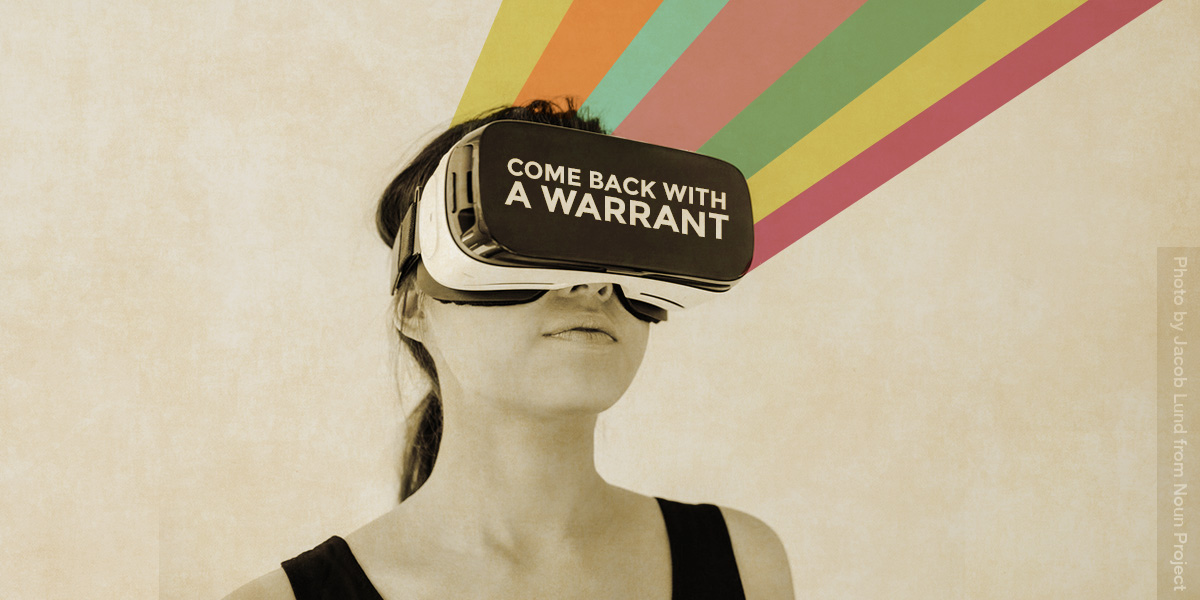Extended reality technologies (XR), which include Virtual Reality (VR) and Augmented Reality (AR), are rapidly maturing and becoming more prevalent to a wider audience, especially as the pandemic drives more people to virtual activities. This technology provides the promise to entertain and educate, to connect and enhance our lives, and even to help advocate for our rights. But it also raises the risk of eroding them online. The headsets and devices can gather deeply personal information about you and the world around you, and the XR services often store this data within their servers. And by introducing artificial intelligence to XR, the privacy and security hazards are augmented, too, as the devices and services gather and analyze data at an unprecedented level.
XR devices, which include cameras, microphones, and sensors, help us interact with the real world (and ensure you do not crash into your table). That means information about your environment, such as your home, office, or even your community, can also be collected and shared to target advertisements to you. And once collected, all this information is potentially available to the government. Even if you never use this equipment, sharing a space with someone who uses it may even put your privacy at risk.
XR devices in your home can also collect all-encompassing audio and video, along with telemetry about your movements, depth data, and images. This data can be used to build a highly accurate geometrical representation of your home. The government must not get warrantless access to this sensitive information, even when a third-party provider holds that information.
As the use of augmented reality has grown, so have the promises and dangers it poses. Glasses that augment reality may also mean a wearer could be recording your conversations while mapping the environment around you in precise detail and real-time. If these technologies are massively adopted, AR recording's scope and scale could give rise to a global panopticon of constant surveillance in public or semi-public spaces.
Augmented reality may pose unprecedented dangers of a dystopian future. But with strong policies, robust transparency, wise courts, modernized statutes, and privacy-by-design engineering, we can hold back that dystopia and reap the rewards of this technology.
 Protect digital privacy and free expression. EFF's public interest legal work, activism, and software development preserve fundamental rights.
Protect digital privacy and free expression. EFF's public interest legal work, activism, and software development preserve fundamental rights.





